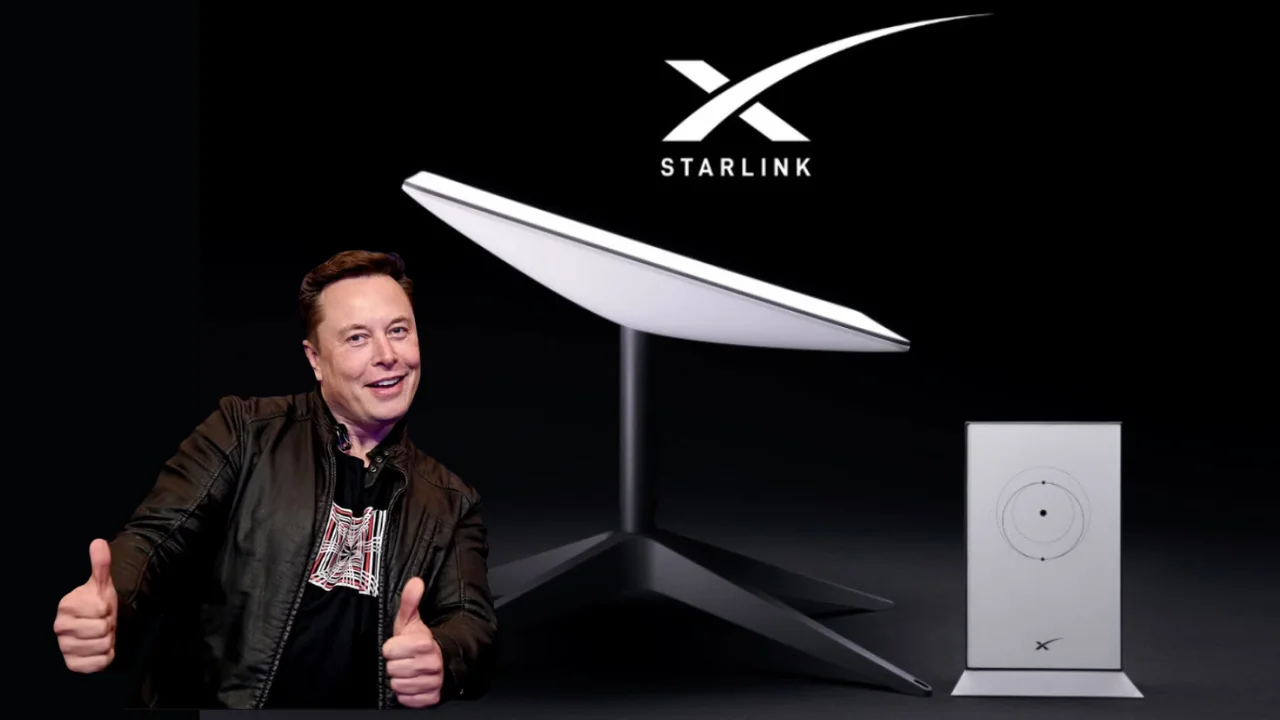Starlink, the satellite internet service by SpaceX, aims to provide high-speed, low-latency internet globally, especially in underserved regions. Its potential entry into Pakistan could significantly benefit tech startups by enhancing connectivity and fostering innovation.
Enhanced Connectivity for Remote Areas
Many Pakistani startups operate in regions with limited internet access. Starlink’s satellite-based service can deliver reliable internet to these areas, enabling startups to:
- Engage with global clients and markets.
- Utilize cloud-based tools and services.
- Facilitate remote work and collaboration.
Lower Barriers to Entry
Traditional internet infrastructure can be costly and time-consuming to deploy. Starlink’s technology bypasses the need for extensive ground-based systems, allowing startups to:
- Access affordable high-speed internet.
- Operate efficiently in areas lacking traditional infrastructure.
- Compete on a level playing field with urban counterparts.
Opportunities for Innovation
With improved connectivity, startups can explore new business models and services, such as:
- Developing IoT solutions for agriculture and logistics.
- Offering tech-enabled education platforms in remote areas.
- Providing telemedicine services to underserved communities.
Regulatory Considerations
As of now, Starlink has not obtained the necessary licenses to operate in Pakistan due to regulatory concerns. The Ministry of IT and Telecommunication has highlighted issues related to non-geostationary satellites and potential interference with existing services.
Conclusion
Starlink’s potential entry into Pakistan holds promise for tech startups, offering enhanced connectivity and new opportunities for innovation. However, regulatory challenges must be addressed to realize these benefits fully. Startups should stay informed about developments and prepare to leverage improved internet services when they become available.
Frequently Asked Questions (FAQs)
Q1: Is Starlink currently available in Pakistan?
No, Starlink has not yet obtained the necessary licenses to operate in Pakistan. The Pakistan Telecommunication Authority (PTA) has advised the public against pre-ordering Starlink services until official approval is granted.
Q2: How can Pakistani tech startups benefit from Starlink if it becomes available?
If Starlink becomes operational in Pakistan, tech startups could benefit from:
- Reliable high-speed internet in remote areas.
- Enhanced global market access.
- Opportunities to develop innovative services like IoT solutions and telemedicine.
Q3: What are the regulatory challenges facing Starlink’s entry into Pakistan?
Starlink must obtain the appropriate licenses from Pakistani authorities. Concerns include potential interference with existing services and compliance with local regulations.
Q4: What should interested users in Pakistan do while awaiting Starlink’s availability?
Stay informed about official announcements from the PTA and Starlink. Avoid making any pre-orders or payments until services are officially approved and launched in Pakistan.
Q5: How does Starlink’s technology differ from traditional internet services?
Starlink uses a constellation of low-Earth orbit satellites to provide internet services, aiming for lower latency and broader coverage compared to traditional satellite internet, which relies on higher orbit satellites.

